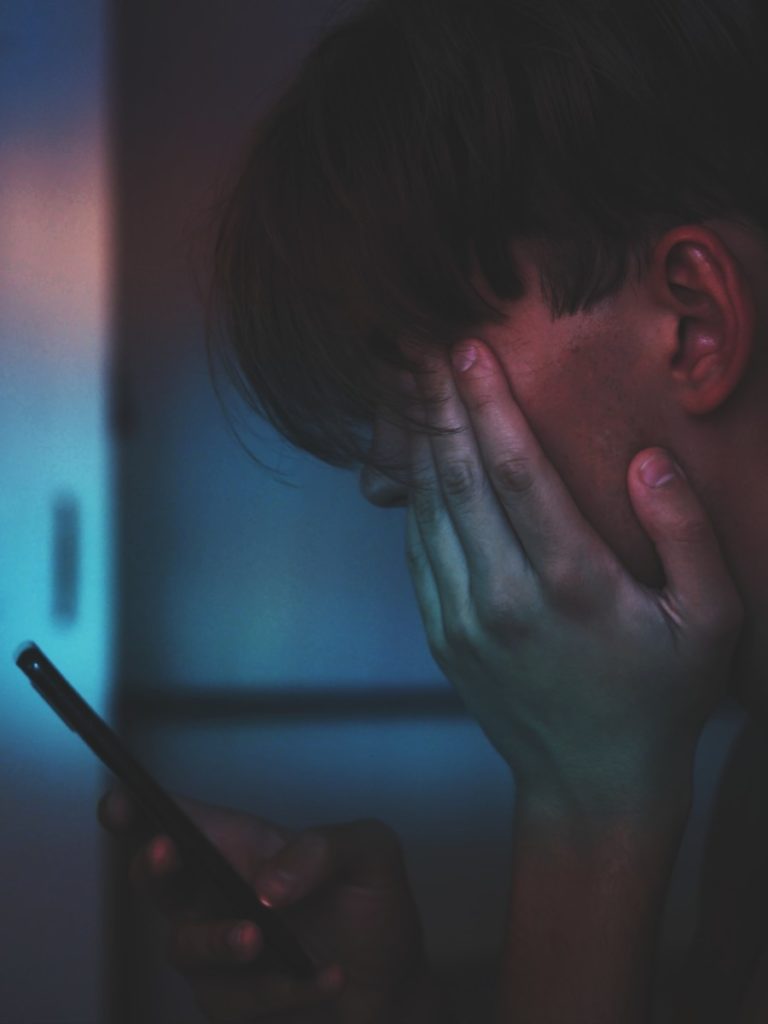
Myopia is also referred to as nearsightedness, but there is more to it than just blurry vision. Myopia is when the eye grows longer, which in turn stretches the tissues on the inside of the eye. When these tissues stretch it increases the risk of complications including holes, tears, and retinal detachments, which can potentially lead to loss of vision. Myopia can be caused by genetics, lifestyle (screens & less outdoor time), and a combination of both. Myopia is becoming more common in young children, and we would like to help you and your family. Both myopia and eye growth tend to increase while children are growing, our program is geared toward patients ages 8-20, but even if your child is outside of this age range we would like to see them and discuss options with you.
Myopia typically develops in childhood and causes both nearsightedness and eye elongation. Our goal at ClearVision Institute is to slow the progression of myopia in children to reduce the risk of ocular complications later in life, such as retinal detachment, glaucoma, & myopic maculopathy.
Additionally, Myopia may be caused by genetics and environment. If both parents have myopia there’s a 1 in 2 chance that their child will also develop myopia. If only one parent has myopia there’s a 1 in 3 chance. If neither parent has myopia there is still a 1 in 4 chance a child will develop myopia.
Treatments Of Myopia
There are multiple ways to slow the progression of myopia, our Myopia Management Program includes treatment contact lenses as well as an eye drop, either may be used individually or together depending on the doctor’s recommendations.
Some At home recommendations to help prevent or slow myopia include:
- When doing near work, keep books, phone, computer about an arms distance away (16 inches)
- Take breaks while doing focused activities. (The 20/20/20 rule) For every 20 minutes of focused activities, look 20 feet away for 20 seconds. This will help to relax the eyes and reduce eye strain.
The two main ways to slow the progression of myopia are specialty contacts lenses, such as the NaturalVue, and/or an eyedrop called Atropine. There are recent studies to support the use of either or both of these treatments and we would love to discuss the findings to help you determine which is best for your child.
